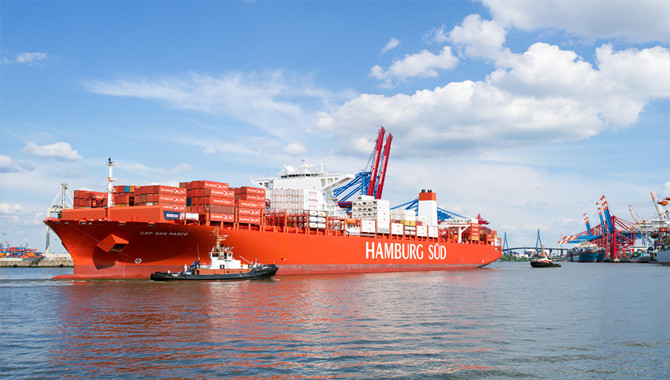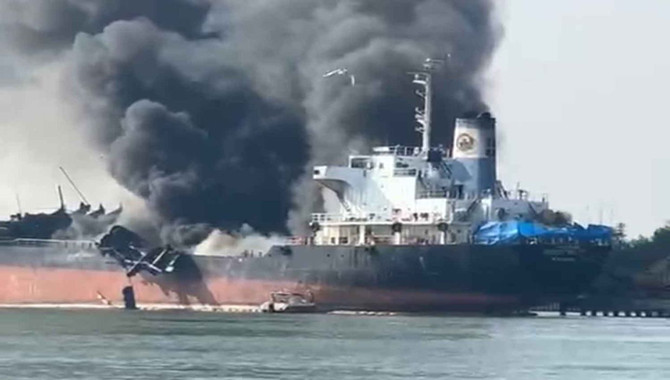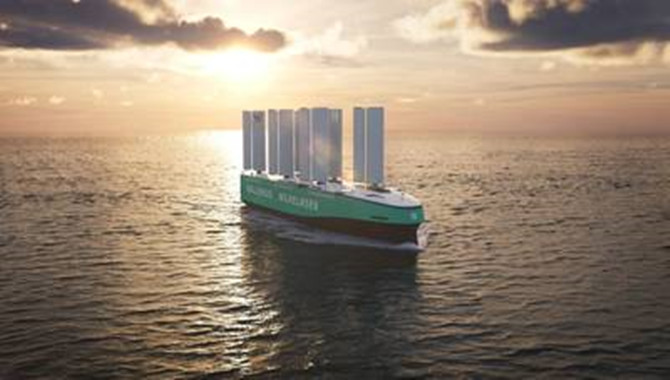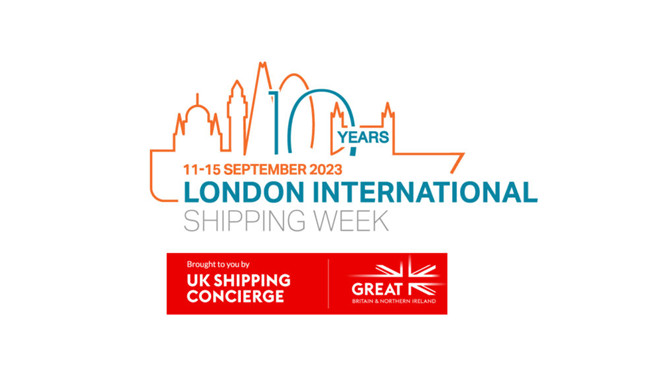
Transparency International, a Berlin headquartered NGO that lists its aims as combatting corruption, has accused the International Maritime Organization of critical governance flaws that TI suggests will impede the Organization from achieving its declared aims of reducing CO2 emissions by 50% by 2050.
In a report published on 2 July, TI says there are four key issues that have emerged from its report: the uneven influence of IMO’s Member States, the influence of open and private registries, the disproportionate influence of industry and the lack of delegate accountability.
On the uneven influence of Member States TI’s report states: “A small group of Member States has the power to exert undue influence over the IMO because of structural weaknesses in the organisation’s financing and policymaking processes that tip the scales in favour of states that have the most ships registered under their flags. Under the current rules, two thirds
of the IMO’s financial contributions come from just 10 countries, which make contributions based on the size of their fleets (measured in deadweight tonnage).”
TI also cites the undue influence of open registries because “more than a half of the world’s fleet sails under the flags of just five open registries: those of Panama, Liberia, the Marshall Islands, Malta and the Bahamas. These states, by virtue of their tonnage, can exercise influence over the IMO through the funding and ratification mechanisms – yet concerns remain about their commitment to regulation and enforcement.
“There are an estimated 35 open registry states and, while their approach to regulation is not uniform, serious questions could be asked regarding their interest in formulating and implementing ambitious decarbonisation measures.
“At least 17 open registries have outsourced the management of their registries to private companies, which suggests around 10% of delegates
to the IMO may actually be drawn from the private sector. By allowing private companies to debate and vote on issues of transnational public interest, the IMO undermines a basic premise of the UN system of international governance, the report concluded.
The findings of the TI report found that “individual companies and as a sector collectively, the shipping industry has a pervasive influence
over the policymaking process and can access
and submit documents and observe and speak at meetings at every level of IMO decision-making.
These privileges are available to other interest groups but attendance records of recent meetings of the IMO’s five committees show that industry representatives outnumbered civil society organization representatives by almost five to one.”
The TI report goes on to allege that “across the IMO, Member State delegates are shielded from public scrutiny. IMO reports of meetings do not reflect the positions taken by individual representatives, while journalists are forbidden from naming speakers at meetings without gaining their consent. The result is that the public does not know which delegates are arguing for which policies.
“The organization has no code of conduct to regulate how delegates are appointed or place restrictions
on secondary employment, conflicts of interest, gifts and hospitality. Meanwhile, the organization’s whistle blowing policy and complaints mechanism only apply to staff in the Secretariat. The IMO’s oversight body has no jurisdiction to investigate the activities of delegates.”
In June this year the Liberian Register said it would be supporting Australia in an initiative calling on the IMO to reconsider transparency and the role of industry bodies in the organization.

 Maersk to integrate Hamburg Süd and Sealand
Maersk to integrate Hamburg Süd and Sealand  Launch of the construction of the first Ro-Ro saili
Launch of the construction of the first Ro-Ro saili  Oil tanker explosion kills at least 3 in central Th
Oil tanker explosion kills at least 3 in central Th  Wind-powered RoRo Vessel Secures €9 Million in EU
Wind-powered RoRo Vessel Secures €9 Million in EU  London plays a pivotal role as shipping seeks to re
London plays a pivotal role as shipping seeks to re  Shell unveils five energy sector trends to watch in
Shell unveils five energy sector trends to watch in